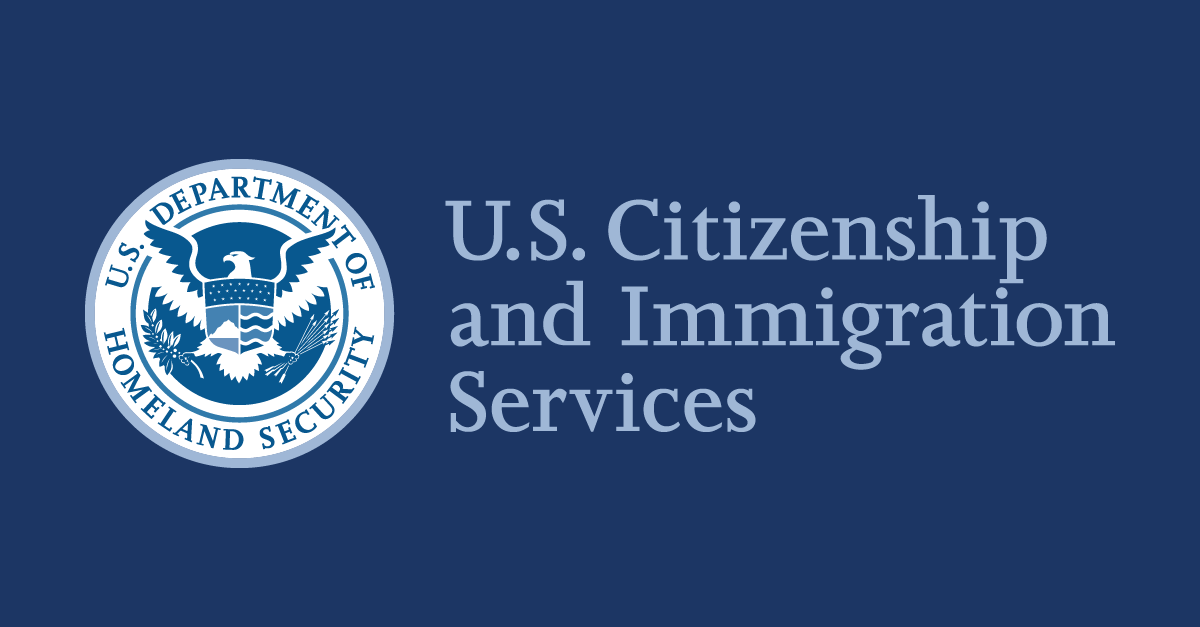Program allows staying for 2 years currently, however arguably forcing 200k+ people to move out could be quite contentious
The USA has historically really liked screwing over our supposed allies, and denying them travel or immigration status. There are some specific problems with expecting this one to pan out:
The "United for Ukraine" program is implemented under the discretion of the USDHS, as I understand it. This actually could be in favor or against this, as it is not e.g. at the sole discretion of Congress. However:
The USDHS is subjected to a lot (relative to a normal government agency, even) of ongoing attempts at political persuasion from reactionary ideologues (including thinktanks, demagogues, politicians, etc.), and reactionary ideologues have been advocating against immigrants, refugees, and often even foreign visas (as they usually do) and, as of 2022, against aid to Ukraine. This program arguably is a form of both, so it will have many motivated opponents seeking to undermine its implementation, prevent its expansion, and cancel it.
As reactionary ideologues have nontrivial influence on the US Republican Party's political positions, it seems the US Congress is unlikely to pass a formal law approving allocating more resources for accelerating immigration. While the President of the United States, and thus the federal agencies under the executive branch, has broad remit to decide our stance regarding immigrants, foreign visitors, foreign residents, et cetera, Congress exerts significant control over the budget and is thus capable of influencing the ability of the executive to implement policies.
Under these political pressures it seems unlikely, going into 2024 (which will focus the president's efforts more towards campaigning again, thus will impact the executive's decisions to prefer what has good "optics") that the current rules will change in a more permissive direction, and I can find apparent evidence they are already becoming more restrictive.
Under these and other related trend lines, it is hard to expect something will change significantly over the next 4 years, especially if the ongoing counteroffensive (or would it be a "counter-special military operation"?) secures an advantageous peace that allows former Ukrainian residents to return, as this may be used as an excuse by the political opposition that I previously described, arguing they should "return to their own country", even if they have been resettled in an area for many years, have nothing to return to yet but ash (as many residential areas across the battlefield have been leveled), and may, for instance, be better off helping contributing to rebuilding via remittances.
I would prefer to lose this bet, however, and encourage people to engage in political advocacy which may cost me my Ṁ100. It would be a bargain at twice the price.
@Stralor in an ideal world, I'll be wrong but the U.S. doesn't exactly have a good track record of this. it's more likely that w/in two years asylum seekers will find other general visas to stay on
@NicoDelon Good question. I’m choosing yes, in case the criteria have been defined specifically for Ukrainians or others under the similar program for the “express” path to a green card
